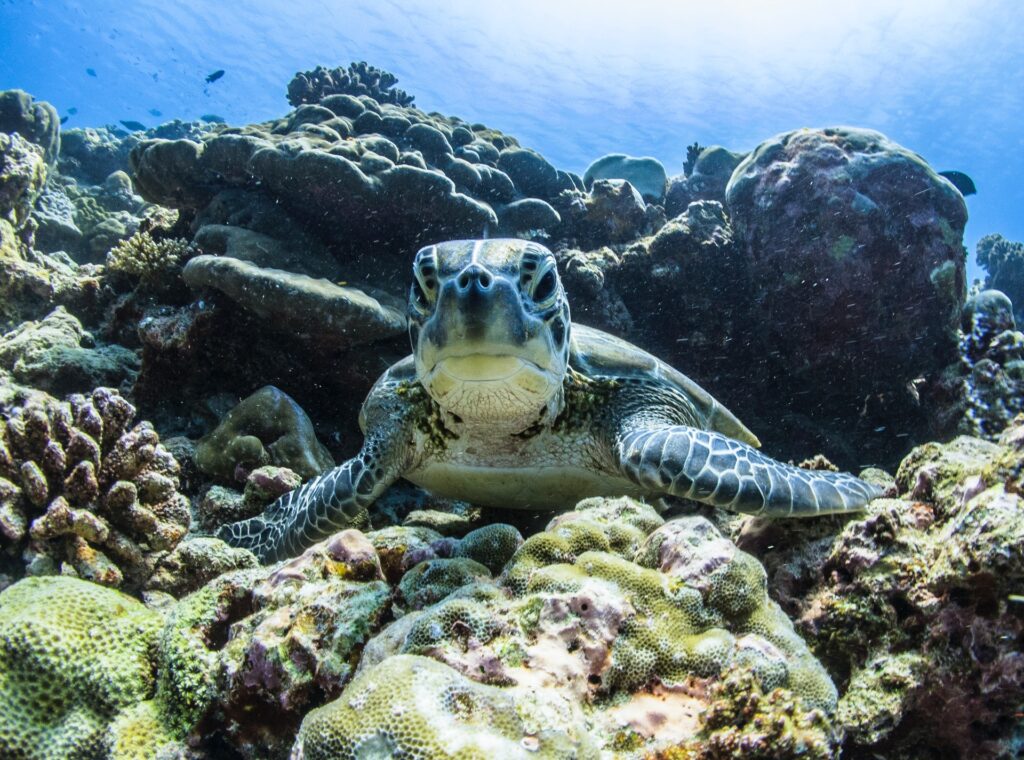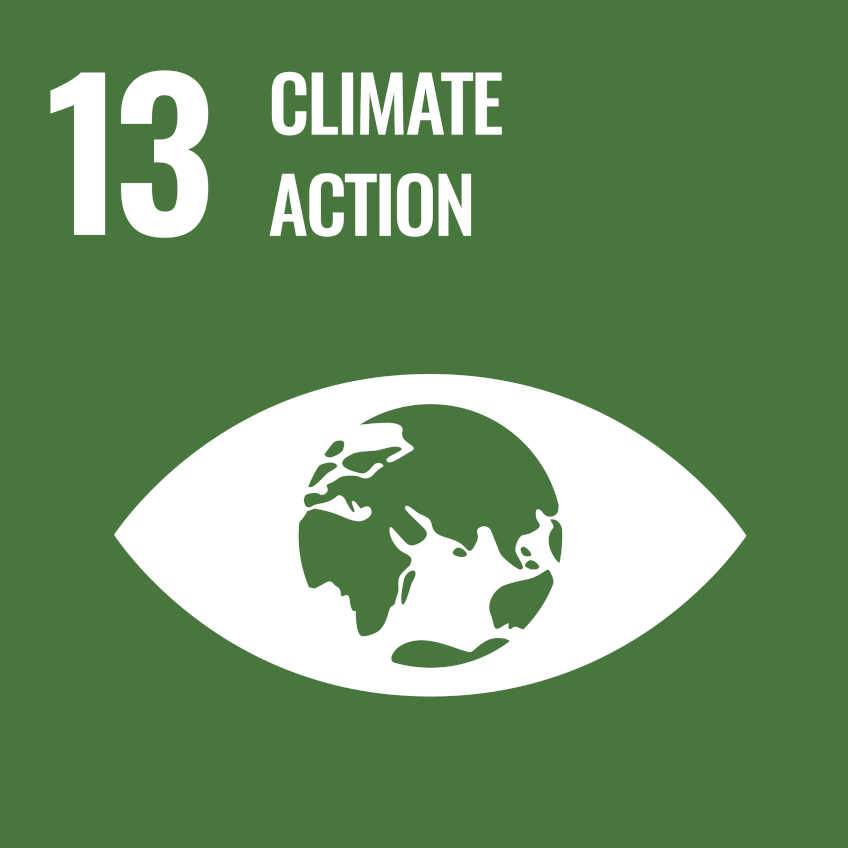
Committee on SDG 13
Climate Change is a reality and acknowledged to pose a serious existential threat to our planet and anything that lives. Overwhelming scientific evidence indicates that the situation is growing dire by the day and must be addressed with urgency. It is also true that the youths of today are the world leaders of tomorrow and some regions of the world including developing countries, host the highest youthful populations and the numbers are increasing.
